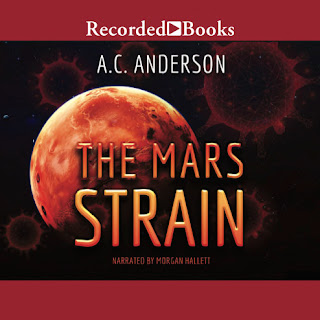In no particular order, I present Marcella's top 5 ways to be a happy writer.
1. Writer know thyself.
Know what works for you. Know your process. Know your style, your voice, your genre. Know how your particular weird, creative brain works. If you don't know any of those things, find out. How? By trying all kinds of tools and methods and story types. You find out whether you're a plotter or a pantser by trying to plot a book or by through out your carefully laid out outline and seeing how it goes. You'll figure that one out pretty quickly.
What's in it for you to know thyself: Trust. You learn to trust yourself and your process. You're harder to derail when a new workshop comes along and tries to tell you that you've been doing it wrong.
2. Create community.
Writing, by necessity, happens in solitude. Writers tend to be just normal enough that few people are willing to off you that 'oh, they're an *artist*' pass, yet writers are categorically odd enough to *need* that pass. Don't believe me? Go visit your browser search history and get back to me. The best people suited to understand and commiserate with us are other writers. Not our families. Gods. Not our poor, beleaguered families. Your community need not be huge. A few other writers you can talk with about story arcs, business strategies, and writer drama will be enough to keep you from feeling like you've been chained up in an ivory tower.
3. Create accountability.
Use your community to help one another, if that works for you. If a little competition gets your writing blood going, set up a sprint room where other writers can join and you can compare word counts between sprints. Or set up a regular meeting time to write with another writer who wants the comfort of knowing someone else out there is writing, too, but without the pressure of comparing numbers. Meet at a coffee shop to sit together and mutually ignore one another while you write and drink your preferred beverages. While it helps to not always be alone, it really helps to know that someone else in the world is counting on you at the same time you're counting on them. It's common to find we'll do for someone else what we won't for ourselves.
4. Make space.
Make space in your day to day for writing. Make space inside you for deep work - which is a function of focus - which is attained with training. Make space inside your head for learning more, whether from classes or from other writers, or from reading other people's stories. Make physical space for writing, too. Whether it's a specific seat in the house, or a table, or a room, or a local dive bar. You need a place you can rely on where you can go and put the rest of the world on a shelf while you attend to creating your worlds.
5. Be unapologetically you.
Write what sets your imagination alight. Never forget there's someone in the world making incredible bank writing about sexy, space-going dinosaurs. There's no reason you can't create something completely implausible and weird. In fact, I'll argue that you should. The moment you begin censoring yourself or pulling back out of fear over what you want to say, you begin to die as a writer and as a person. Listen. Just because you write something, it doesn't mean you have to share it with anybody. Allow. No limits. Not while you're writing. Those are second thoughts are for later. When you're editing and deciding what content will and will not be seen by other eyes.
























.png)